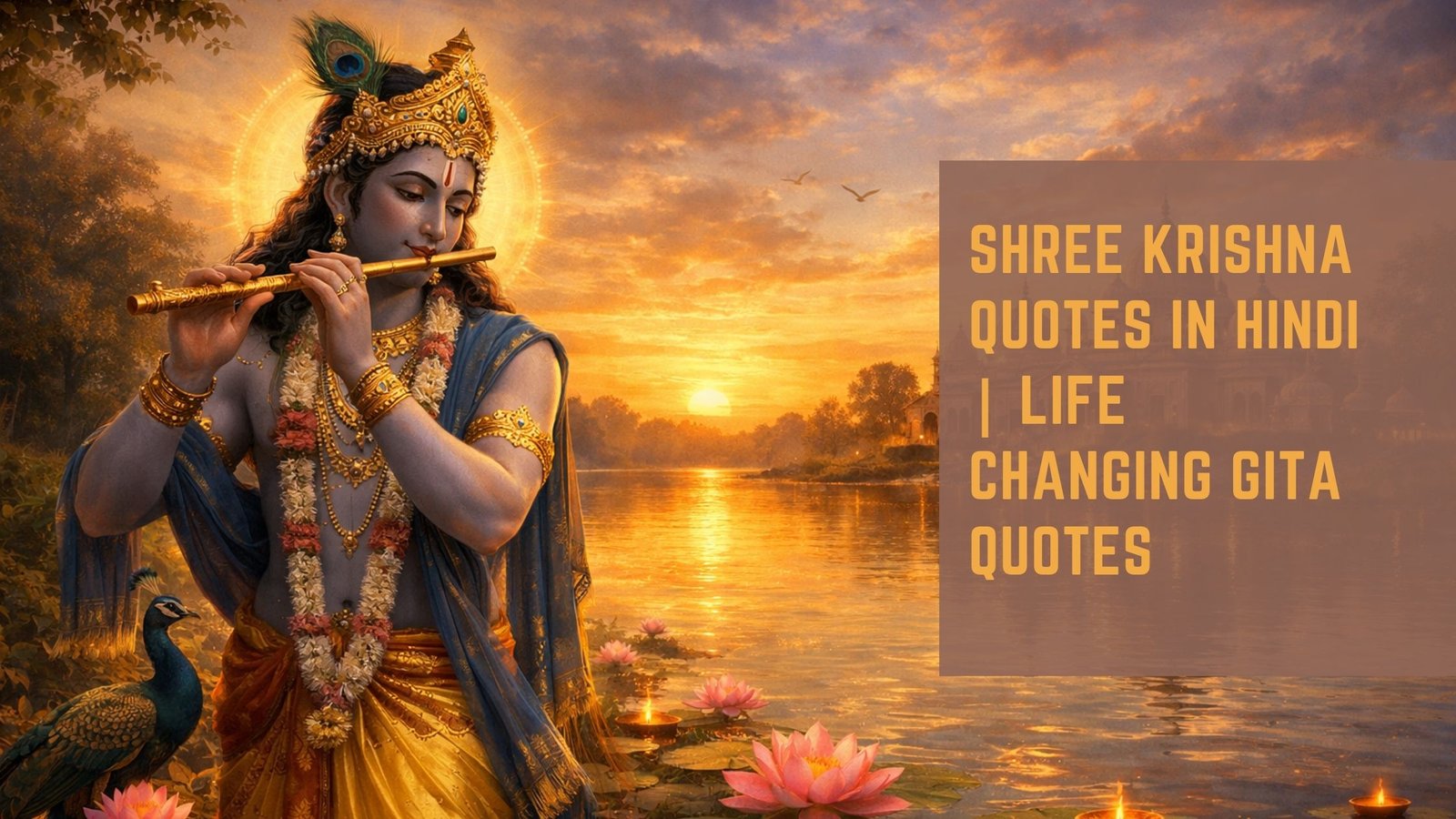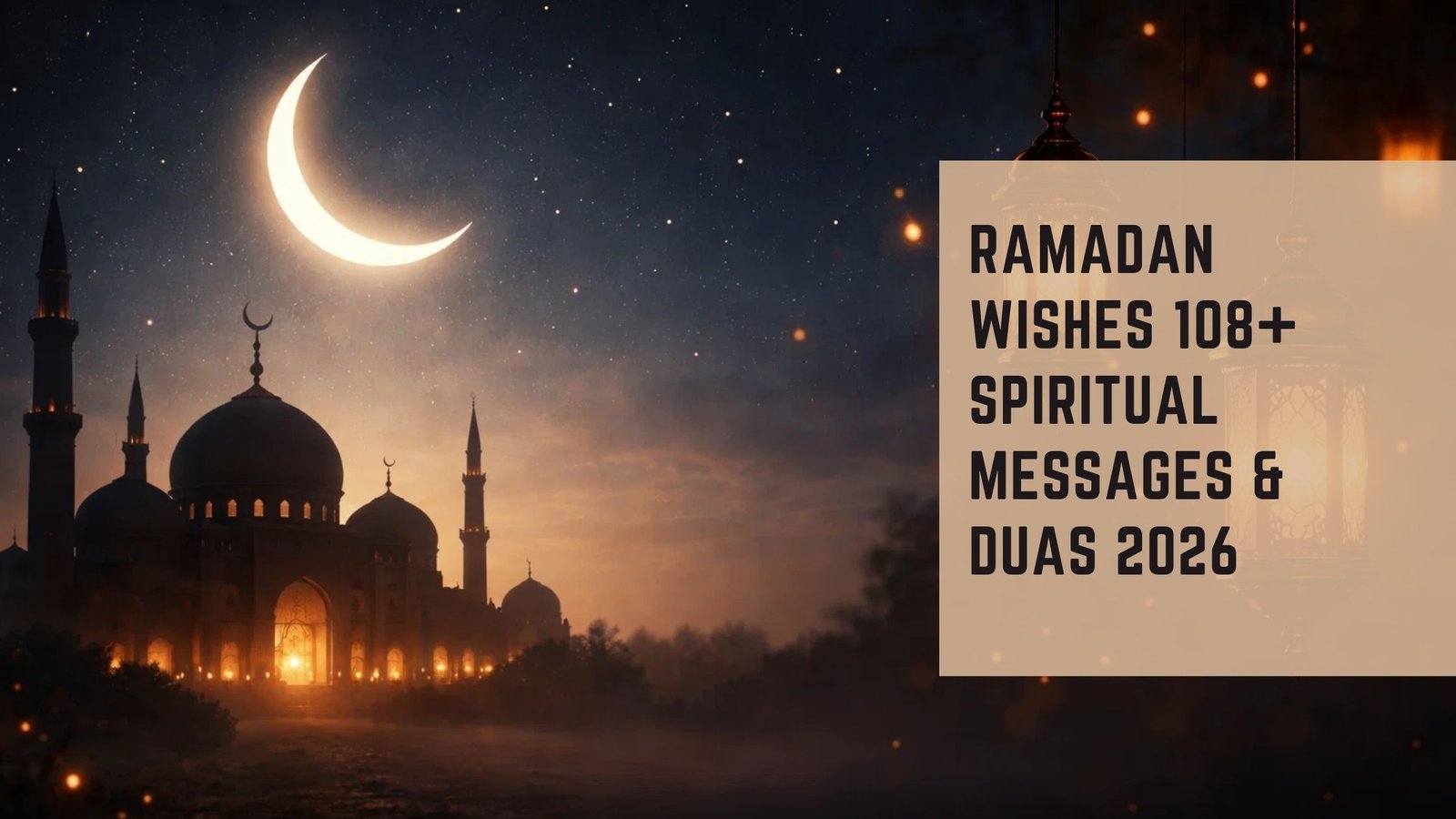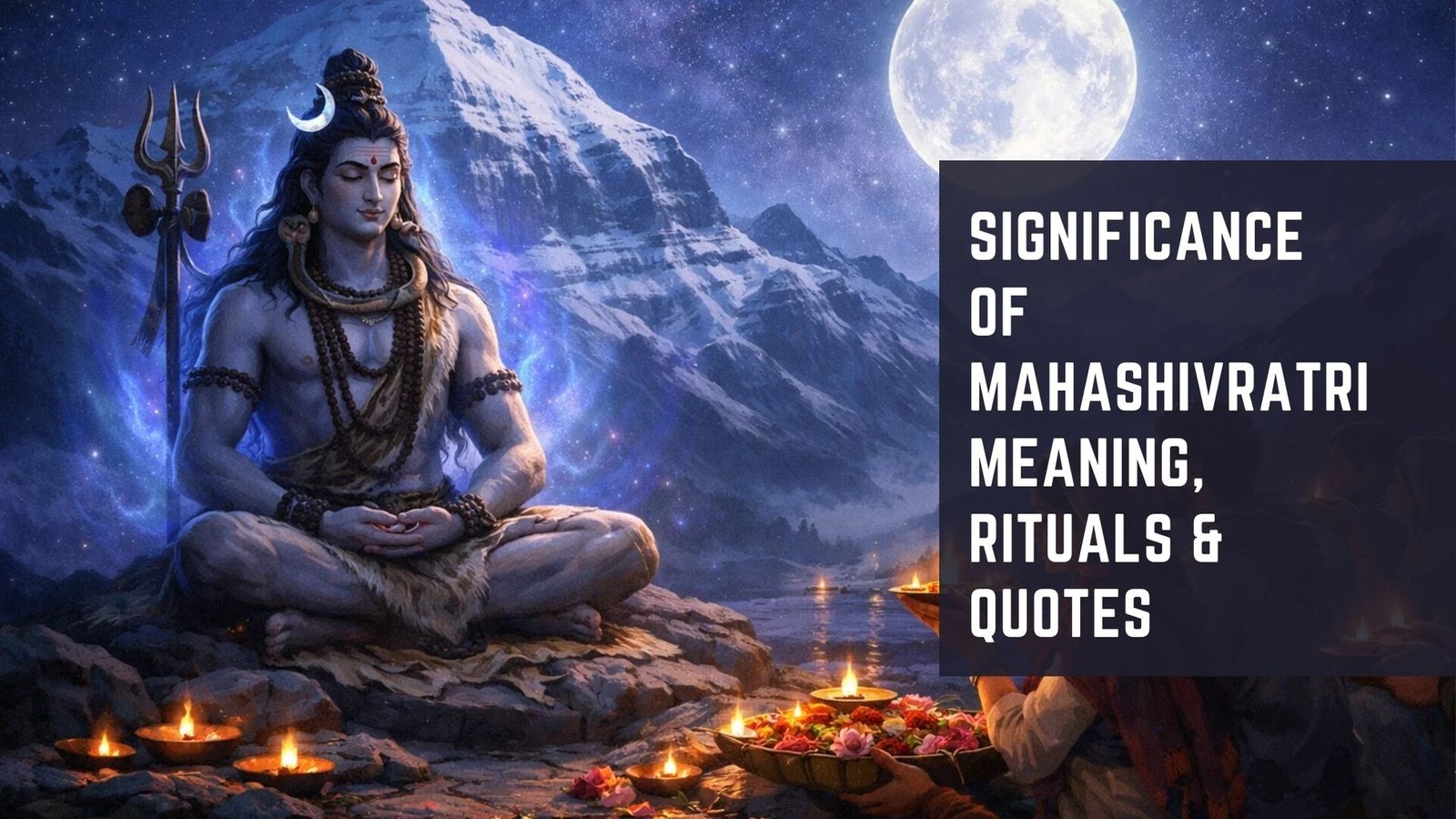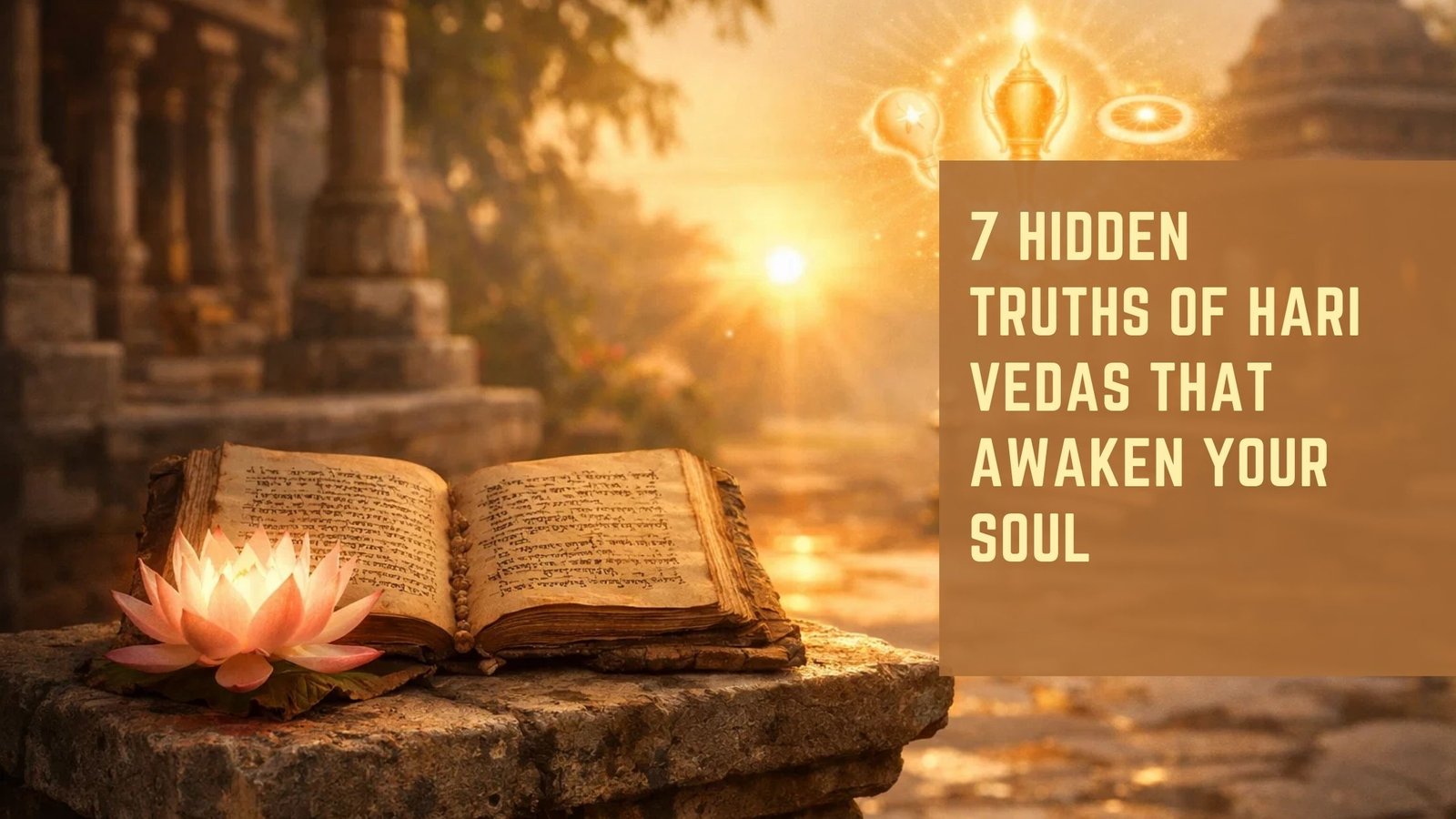Liberation is a profound concept that goes beyond simple freedom. It speaks to the deep release from constraints, whether physical, mental, emotional, or spiritual. It is the process of becoming free from whatever restricts one’s growth, whether that’s an external force, internal limitations, or societal pressures. This article explores the meaning of liberation, its historical and cultural significance, and how individuals can achieve it in their lives.
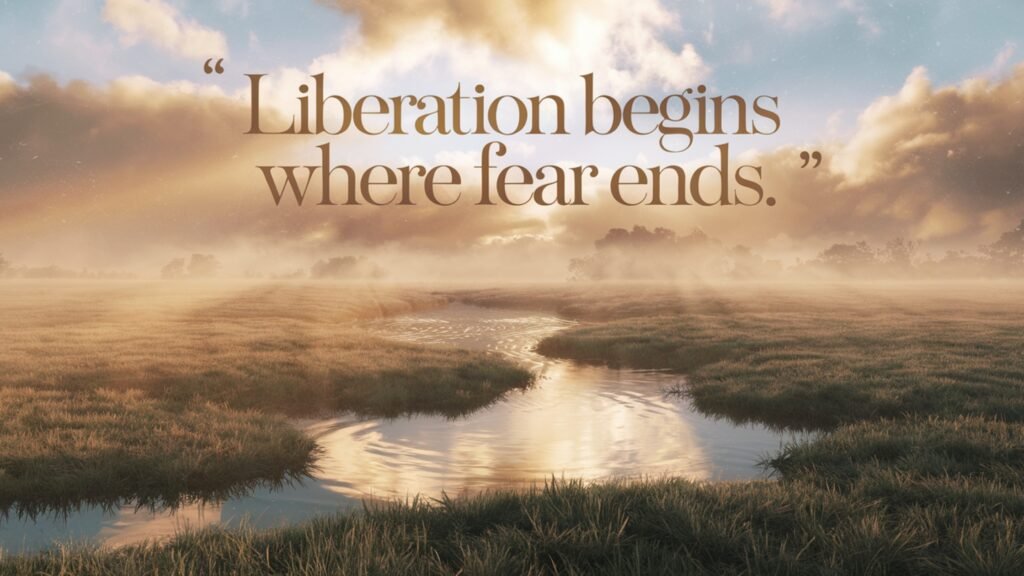
Understanding the Concept of Liberation
At its core, liberation means freedom. However, this freedom isn’t always straightforward. It encompasses freedom from oppression, fear, ignorance, and attachment. It is the ultimate expression of autonomy, allowing individuals to live according to their true nature.
1. Physical Freedom from External Forces
Historically, the struggle for liberation has been a political and social issue. This form of freedom refers to breaking free from oppressive systems, such as slavery, colonization, and dictatorship. These movements for justice seek to establish equality and human dignity for all, freeing people from physical constraints imposed by tyrannical regimes or systems.
2. Psychological and Emotional Freedom
Another dimension of freedom lies in mental and emotional release. Many individuals seek freedom from the thoughts, fears, and limiting beliefs that confine them. Release in this sense involves overcoming negative thought patterns, healing from trauma, and freeing the mind from the constraints of doubt and anxiety. Practices such as mindfulness, therapy, and self-reflection are central to achieving emotional and mental peace.
3. Spiritual Freedom: The Ultimate Goal
In the spiritual realm, liberation refers to the release from worldly attachments and the recognition of one’s true nature. It’s about transcending the ego and material desires to experience unity with the divine. Across many religions and philosophies, this form of freedom is the highest goal—whether it’s called Moksha in Hinduism, Nirvana in Buddhism, or Enlightenment in other traditions.
The Different Types of Liberation
1. Political and Social Emancipation
Political liberation has been central to the history of nations and movements. From the abolition of slavery to the fight for civil rights, the struggle for Freedom in these contexts is about securing political freedom and justice for individuals and groups who have been oppressed.
2. Social Emancipation: Breaking Societal Norms
Social liberation often involves challenging and dismantling societal norms that limit personal freedom. Issues such as gender inequality, racial discrimination, and LGBTQ rights are key areas where liberation movements have made significant strides. The aim is to create a society where every individual, regardless of background, has the freedom to express themselves fully.
3. Intellectual Freedom
Intellectual liberation is the freedom to think critically, challenge assumptions, and engage in open-minded exploration. It involves questioning accepted norms and ideas and being open to new paradigms. The pursuit of knowledge and the ability to engage in free thought are essential elements of human progress.
4. Spiritual Emancipation
The concept of spiritual Freedom transcends material existence. It represents freedom from the cycle of suffering, known as samsara, and the realization of one’s true self. In Hinduism, this is Moksha, while in Buddhism, it’s Nirvana. Achieving this level of freedom involves letting go of attachments and desires, which in turn leads to peace and unity with the divine.

The Importance of Liberation Across Cultures
The idea of Freedom is universal and appears in diverse cultures and philosophies. Each tradition offers a unique approach to achieving it.
1. Hinduism: Moksha as Liberation
In Hindu philosophy, Deliverance is called Moksha, a state of freedom from the cycle of birth and death. It’s the realization of the self as one with the divine (Brahman) and the removal of ignorance and attachment to the material world. This process involves meditation, devotion, and knowledge.
2. Buddhism: Nirvana and the End of Suffering
Buddhism presents liberation as Nirvana, the cessation of suffering and the end of the cycle of rebirth. The path to Nirvana involves ethical living, meditation, and wisdom. By following the Noble Eightfold Path, one can achieve freedom from suffering (dukkha) and attain a state of enlightenment.
3. Western Philosophies: Emancipation of the Individual
In Western thought, Independence is often linked to the autonomy of the individual. Philosophers like Jean-Paul Sartre emphasized the need for individuals to take responsibility for their own existence and break free from societal pressures and expectations. True freedom, in this sense, is about living authentically and making choices based on one’s own values and desires.
The Role of Liberation in Modern Life
Today, the pursuit of Independence is more relevant than ever, as individuals face new forms of oppression and societal pressure. From the digital age’s constant bombardment of information to the pressures of social media, achieving freedom requires both personal effort and collective action.
1. Mental Liberation in the Digital Age
In the modern world, liberation can also mean freeing the mind from the constant distraction of technology. Digital devices and social media have created new forms of dependency, leading to stress and anxiety. By practicing mindfulness, limiting screen time, and engaging in activities that nourish the mind and soul, we can achieve a form of liberation from the negative effects of technology.
2. Political Liberation in the 21st Century
The fight for Freedom continues globally, as people demand political freedom, equality, and justice. Movements for democracy, environmental justice, and human rights are integral to shaping a world where individuals are free to live without fear or oppression. From the Black Lives Matter movement to global climate protests, liberation remains a core issue that unites people across the world.
3. The Search for Personal Freedom
On a personal level, Freedom often involves the release from limiting beliefs and societal expectations. Many people feel trapped by the demands of modern life, struggling with work pressures, financial stress, and family obligations. Achieving personal Release means prioritizing mental health, self-care, and aligning one’s life with personal values rather than external expectations.
Here are five spiritual and religious quotes related to liberation, in different languages:
- Sanskrit (Hinduism):
- “मोक्शस्य प्राप्ति परमात्मा के साथ एकता में है।”
- Translation: “The attainment of liberation is found in unity with the Supreme Soul.”
— This highlights the idea that spiritual freedom (moksha) is achieved through oneness with the Divine.
- Hindi:
- “मुक्ति उस क्षण में होती है, जब आत्मा अपने अस्तित्व का सत्य पहचानती है।”
- Translation: “Liberation happens in the moment when the soul realizes its true existence.”
— This reflects the essence of spiritual liberation, which is the awakening to one’s true self.
- Punjabi:
- “ਆਤਮਕ ਮੁਕਤੀ ਸਿਰਫ ਉਸ ਸਮੇਂ ਮਿਲਦੀ ਹੈ ਜਦੋਂ ਸਾਡੀ ਮਨੋਵਿਰਤੀ ਅਰਥਵਾਦੀ ਦ੍ਰਿਸ਼ਟਿਕੋਣ ਤੋਂ ਉੱਪਰ ਚੜ੍ਹਦੀ ਹੈ।”
- Translation: “Spiritual liberation comes only when our mindset rises above materialistic perspectives.”
— This speaks to the need to transcend material desires for true spiritual freedom.
- Arabic (Islamic Perspective):
- “التحرر الحقيقي هو التحرر من القيود الداخلية.”
- Translation: “True liberation is the freedom from inner constraints.”
— In Islam, this reflects the idea that true freedom comes from overcoming internal struggles and following the will of God.
- English (Buddhist Perspective):
- “Nirvana is the liberation from all suffering and desire; it is the peace that comes from the end of attachment.”
— In Buddhism, Nirvana is considered the ultimate liberation, freeing the individual from all desires and suffering.
- “Nirvana is the liberation from all suffering and desire; it is the peace that comes from the end of attachment.”
Practical Steps Toward Achieving Liberation
While the idea of Deliverance may seem abstract, there are concrete steps that individuals can take to move toward it. Whether it’s spiritual, emotional, or social freedom, the journey requires awareness and action.
1. Self-Reflection and Awareness
The first step in any process of liberation is self-awareness. Take the time to reflect on your thoughts, beliefs, and behaviors. What is holding you back? Are there fears or attachments that are limiting your growth? Through self-reflection, you can begin the process of freeing yourself from internal constraints.
2. Practices for Spiritual Freedom
Meditation and mindfulness are powerful tools for achieving spiritual freedom. These practices help individuals connect with their inner selves, break free from distractions, and cultivate inner peace. Engaging in daily practices such as breathwork, prayer, or mindfulness can promote spiritual liberation.
3. Challenging Limiting Beliefs
Many people live with self-imposed limitations, based on past experiences, trauma, or societal conditioning. Overcoming these barriers requires challenging these limiting beliefs and replacing them with empowering ones. Freedom often comes from embracing a new perspective and understanding that your potential is not defined by your past or external circumstances.
4. Engaging in Social Action for Collective Freedom
Social liberation requires collective effort. Whether it’s advocating for human rights, supporting equal education, or fighting for environmental justice, collective action is key to creating a more liberated world. By joining movements or supporting causes that promote equality and justice, we contribute to the freedom of others and ourselves.
Conclusion: Embracing the Path to Liberation
The pursuit of liberation is an ongoing journey. Whether you are seeking freedom from societal pressures, emotional struggles, or spiritual ignorance, the path to true freedom requires introspection, practice, and a willingness to change. By embracing the principles of self-awareness, compassion, and action, individuals can experience greater autonomy and live a life of purpose and fulfillment.
If you’re ready to embark on your journey towards liberation and spiritual growth, explore more insights, teachings, and resources at The Gita. Let us guide you towards a path of true freedom and self-realization.

